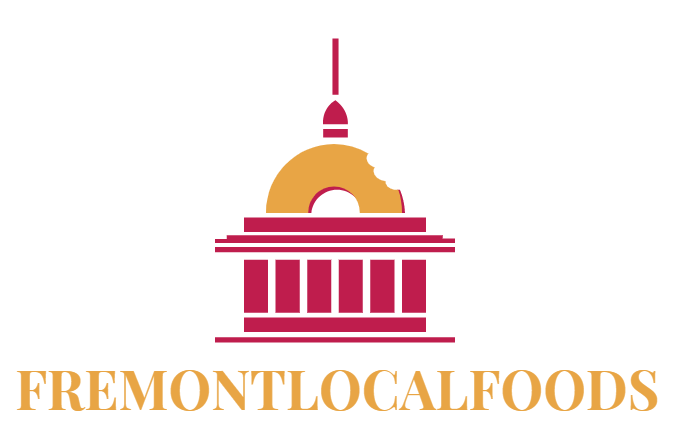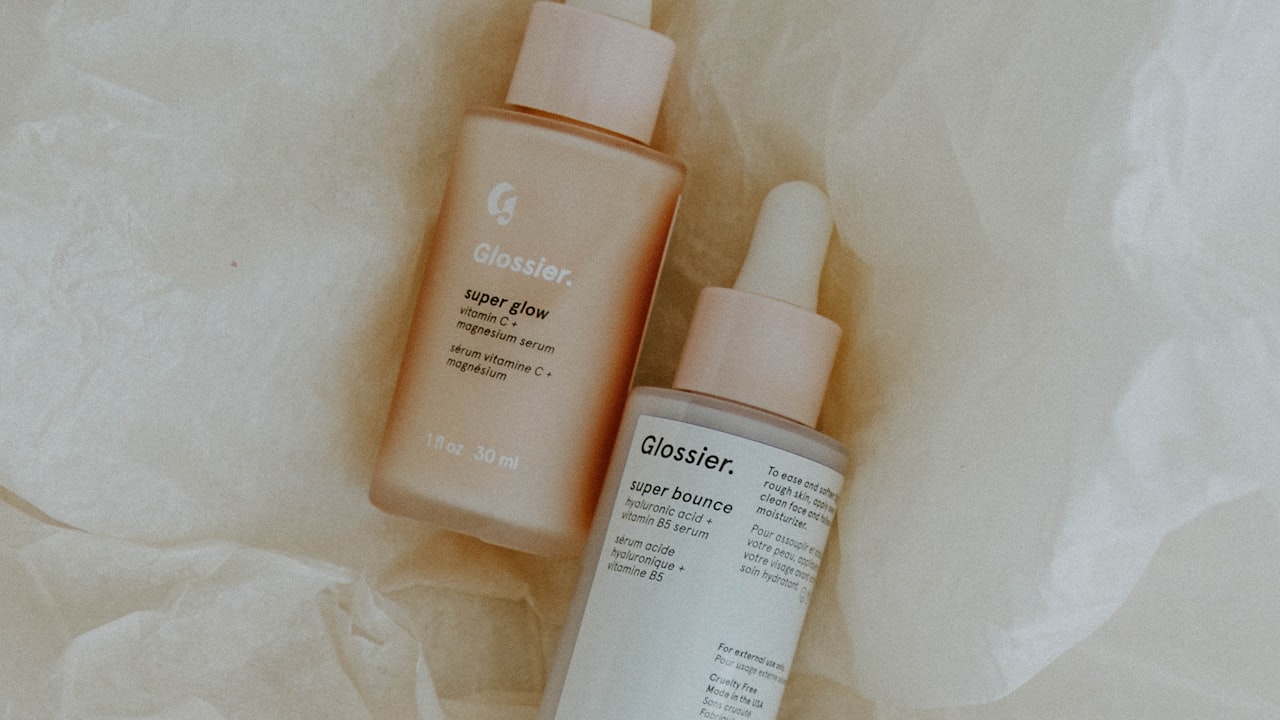Most people who delve into the cosmetic industry do so either to make money, satisfy their needs, or for the love of the business. Among this group, very few know and understand private labeling. Some recognize the process but fail to adopt it, thinking it's too pricey or it's easier to order and sell items from other brands. Brands such as MELAO work with different businesses to kickstart the process; however, some people are still not receptive. This extract talks about the misconceptions of private labeling.
The misconceptions about private labeling
Adding a private label to your goods involves branding products made by a third party to look like your own creation. It's an easy process, and understanding it might help you change your mind and apply it to your business. Some of the myths include;
1. Private labeling involves manufacturing the products yourself
To a huge extent, this is not the case. Most people taking up the private label idea are small businesses that want to thrive and earn recognition in the market. Some may have a lot of money, but most are just starting out and cannot afford to produce items from scratch. Goods development is quite expensive since you need space, necessary machines, materials, and capital to begin. Allowing a third party, mostly the manufacturer who's making the brand them to produce the items for you, helps save money, and you can focus on other duties. As a retailer, you get the finished products, and all you do is market, sell and distribute.
2. Private labeling forces you to sell goods at a lower price
This is not true at all; however, it's understandable that most retailers think so. It is because such goods are often produced in bulk, meaning the cost is lowered. This would have been 100% true in the past, but times have changed, and the cosmetic industry has evolved. Private labeling has been made to accommodate a few high-end goods. High-quality and luxury skincare items are customized to your liking, and there's no way a signature product will be sold cheaply. During customization, good quality ingredients and fragrances are used plus the formulas applied take the prices up.
3. Private labeling needs huge orders
This is a widespread misconception; however, it's partially true. Mostly, private labeling is associated with big companies with a lot of capital. Such big chains require a minimum order of one product, say 500, which they can manage comfortably. Nevertheless, some manufacturers or brands understand the plight of small businesses; hence they do require a minimum order quantity. This leaves it open for them to order any pieces they want as long as it favors their pockets. Despite the amount, these companies treat your orders as wholesale, meaning you receive a discount and, in turn, increase your profits.
Bottom line
The myths above are the most common, but there are others, such as labeled products being generic, made for the big retailers, and making your brand look cheap. Aim to understand this process to help debunk the misconceptions you may have. Be open to applying it to your business as it's quite beneficial, and with time it will expand and be recognized. Approach the right brands with guidelines suitable for you and transform your products.


